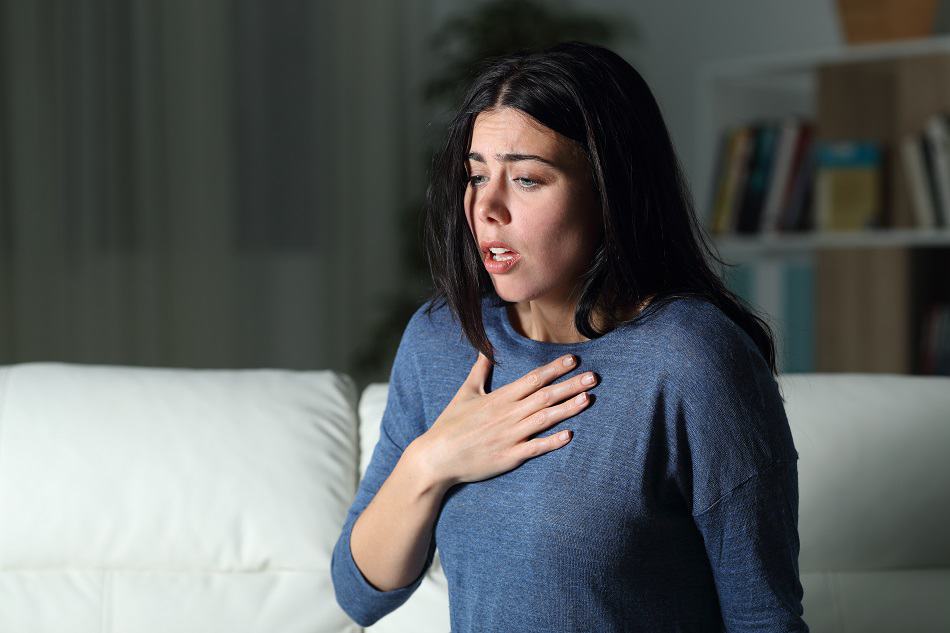9/11 was one of the most catastrophic terrorist attacks in US history. Many residents of Lower Manhattan, and surrounding areas, reported having symptoms caused by toxic debris at Ground Zero. Additionally, various research studies have identified various conditions associated with exposure at Ground Zero.
As a result of evidence found in numerous studies, the World Trade Center (WTC) Health Program deals with the attack’s health impacts on the Twin Towers. The WTC Health Program was established to assist survivors and responders who enrolled for health care assistance for 9/11-related illnesses due to exposure to containment air.
Five Health Impacts of 9/11
According to the World Trade Center Health Program Statistics, there are 10 certified WTC illness among living 9/11 survivors and responders. However, this article will mention the most common medical conditions. Here are five health impacts of 9/11:
- Chronic Rhinosinusitis
Chronic Rhinosinusitis (CRS) is number one on the top 10 certified conditions by the WTC Health Program. The smoke and dust exposure from the collapse of the WTC Towers affected thousands of responders and survivors of the 9/11 attack. Additionally, rescue and digging work also contributed to the cause of the disease. According to the Program Statistics, 27,558 responders and 6,381 survivors enrolled in the program contracted this disease.
CRS is the infection and inflammation of the sinus. Sinus disease is caused by infections, polyps’growth, blocked airways from allergies, or asthma. People with this disease may feel symptoms for at least 12 consecutive weeks. Patients may feel facial pain, nasal discharge, decreased sense of taste and smell, and nasal congestion. Furthermore, there’s no cure for the disease, but patients will need life-long treatment.
- Gastroesophageal Reflux Disease (GERD)
Gastroesophageal Reflux Disease (GERD) is a chronic disease that has been the most common health impact after the attacks. The disease is part of an Aerodigestive disorder that affects breathing airways. Survivors and responders exposed to the dust clouds were at risk of GERD.
GERD differs from heartburn and acid reflux. It affects the lower esophageal sphincter, which causes stomach acid to flow back to the tube connecting the stomach and mouth.
A study conducted in 2011 found that 13% of participants that lived near or worked at Ground Zero experienced common symptoms of GERD five to six years after the attack. Additionally, the disease occurred more among those comorbid conditions like PTSD and asthma. The symptoms are:
- Heartburn
- Indigestion or acid reflux
- Dry cough
- Nausea
- Discomfort in the upper abdomen
Those exposed in the debris may be eligible for free medical care and treatment through the WTC Health Program.
- Cancer
The exposure to the contaminated air during and after the 9/11 attack left many responders, survivors, volunteers, and cleanup crew workers prone to cancer. The dust from the towers was toxic because of the mixture of concrete, synthetic vitreous fibers, and gypsum. Additionally, the heat, fire, and thousands of gallons of fuel resulted in the release of combustion byproducts.
Cancer is the uncontrollable growth and spread of cells in the body. The cancerous cells often spread through the lymphatic system or bloodstream. Additionally, the disease destroys body tissue and can lead to death.
People at Ground Zero and surrounding areas inhaled this toxic air, putting them at greater risk of cancer. 9/11 related cancer is most prevalent in WTC-exposed responders. The program monitors and provides a no-cost treatment to enrollees.
- Asthma
According to data published on the CDC website, as of 30 September 2021, 18,592 people developed asthma due to their exposure to fumes and dust during and after the 9/11 terrorist attacks. Asthma is a chronic condition that affects the lungs, causing them to become narrow and inflamed.
It can interfere with a person’s daily life. The symptoms can be difficult to control, but there’s medication to help control the disease and ways to avoid triggers that could make it worse. The symptoms of asthma include:
- Wheezing
- Cough
- Shortness of breath
- Chest tightness
Research published in the Journal of Asthma identified various factors associated with poor asthma control ten years after 9/11 among the WTC Health Registry enrollees. These factors include but are not limited to socioeconomic status, age, body mass index, education, and smoking.
- Post-Traumatic Stress Disorder (PTSD)
The attack on the WTC had a huge impact on the mental health of millions of people living in New York, especially those who were at Ground Zero during and after the attacks. The terror attack on the Twin Towers, Pentagon, and plane crash in a field near Shanksville struck panic, anxiety, and fear among people. Additionally, the attack threatened their well-being and caused psychological distress.
After the attacks, many people were reported to have symptoms suggestive of post-traumatic stress disorder (PTSD). A person can get PTSD if they were exposed to or have experienced a traumatic event like a terrorist attack.
People with PTSD may experience nightmares, flashbacks, sadness, fear, relivingthe event, and anger. They may even detach themselves from other people and avoid situations that may trigger a reminder of the event.
A study conducted by researchers at Columbia University found that those who were closer to the attack were at higher risk of PTSD. Additionally, they found that PTSD was prevalent among the people who lived near WTC.
Furthermore, another study in the International Journal of Environmental and Public Health found that 20% experienced PTSD symptoms after eight months and 27% at 18 months. PTSD can get worse and can be triggered at any time.

Conclusion
The attacks had a long-term impact on the environment and the health of survivors and responders. Additionally, past and current research on the aftermath of the attack is being used to understand the health effects of natural and man-made disasters. There’s still more work to be done to support those who directly suffered as a result of the attack. Make this article your guide in understanding the long-term effects of this unforgettable attack.


